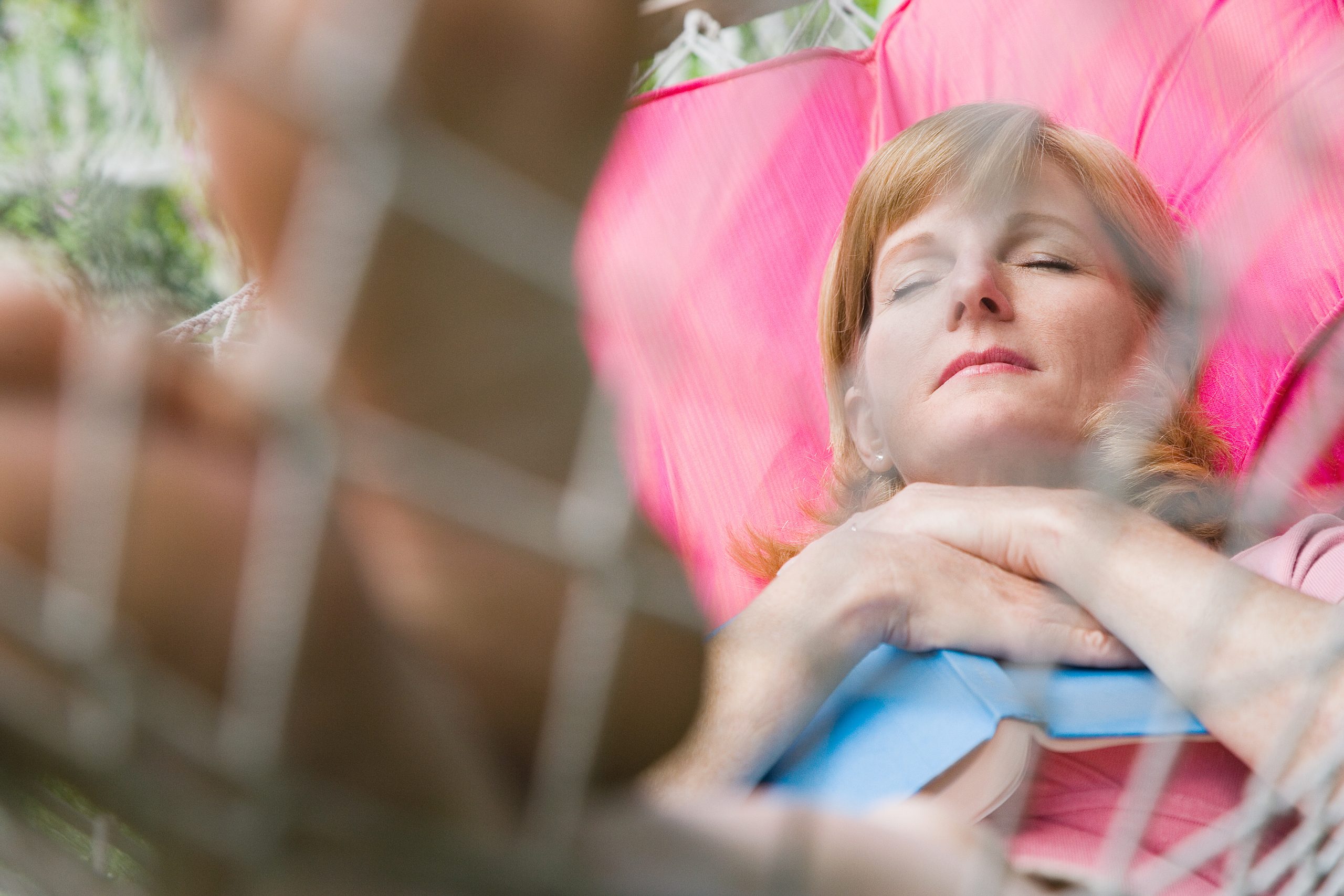Get Easy Health Digest™ in your inbox and don’t miss a thing when you subscribe today. Plus, get the free bonus report, Mother Nature’s Tips, Tricks and Remedies for Cholesterol, Blood Pressure & Blood Sugar as my way of saying welcome to the community!
Can napping save you from brain shrinkage?

Many people who nap often say that after a quick snooze, they feel sharper and more alert and see a boost in their mood. Plus, a nap is more effective than caffeine for overcoming that midafternoon dip in energy a lot of us experience.
However, these benefits are elusive for some. If you’re not a habitual napper, you may find yourself groggy after waking from a nap and dragging for the rest of the day.
It’s tough to say why the napping experience differs for each person. And that’s why researchers decided to dig into factors that may impact our likelihood to nap — as well as to measure the benefits…
Genetics, napping and brain volume
A study led by Harvard University identified several genetic variants involved in napping by collecting data on almost half a million UK Biobank participants.
But recently, an international team of researchers decided to take this data a step further to see if there is a causal relationship between daytime napping and specific measures of brain health.
They analyzed health and cognition outcomes for people aged 40 to 69 and used Mendelian randomization to examine 97 snippets of DNA believed to show people’s likelihood of habitual napping. Then, they compared measures of brain health and cognition in those who were more genetically predisposed to nap against people who did not have these genetic variants.
What the researchers found was fascinating. Overall, people who are genetically “programmed” to nap had a larger total brain volume than those who aren’t. They estimated the average difference in brain volume between the two was equivalent to 2.6 to 6.5 years of aging.
In other words, daytime napping may help significantly slow the rate at which our brains shrink as we age. This is great news, as larger total brain volume is linked to a lower risk of dementia and other diseases.
The researchers did not obtain any specifics on nap duration. But earlier studies suggest naps of 30 minutes or less provide the best short-term cognitive benefits.
The researchers did note that they did not find a difference in how well those predisposed to be habitual nappers did in terms of hippocampal volume, reaction time and visual processing, all of which are additional markers of brain health and cognitive function.
Still, senior author Dr. Victoria Garfield of the MRC Unit for Lifelong Health & Ageing at UCL says the findings “suggest that, for some people, short daytime naps could help preserve the health of the brain as people age.
“I hope studies such as this one showing the health benefits of short naps can help to reduce any stigma that still exists around daytime napping,” Garfield adds.
Keep it short and sweet
Now, you may have heard that frequent daytime napping is connected with cardiovascular disease, hypertension, stroke, diabetes, Alzheimer’s disease and death. However, there was one thing that these studies had in common: the naps in question tended to be 60 minutes or longer. If someone is experiencing a constant sleep deficit and persistent state of exhaustion that leads them to sleep during the day, it could be a sign of an existing, underlying health issue.
Some experts believe the point where napping becomes problematic is in the zone between 30 minutes and 1.5 hours. At this point, the body can drop into a deep sleep, but it doesn’t have the chance to complete a full sleep cycle. This could be why some nappers feel groggy upon waking.
So, if you’re looking to get the brain benefits of napping but avoid the risks, the sweet spot appears to be between 20 and 30 minutes in the middle of the day. This gives you just enough time to get some light rest without slipping into the heavier sleep that can be difficult to rouse yourself from.
If you have a hard time napping, the Sleep Foundation has some advice: For some people, naps may feel natural or even necessary after lunchtime. This is sometimes known as the post-lunch dip. While eating lunch may play a role in afternoon sleepiness, the post-lunch dip is linked to circadian rhythm. Circadian rhythm is the body’s internal clock that follows a 24-hour cycle. Within this cycle are two peak periods for sleepiness. The greatest peak is during the night, and the second one falls in the early afternoon.
Try napping during that dip in the early afternoon to train your mind and body. to nap. Plan ahead and take care of noise or comfort issues. And if you nap before 3 p.m., it reduces the likelihood of the nap impacting your nighttime sleep.
Editor’s note: Are you feeling unusually tired? You may think this is normal aging, but the problem could be your master hormone. When it’s not working, your risk of age-related diseases skyrockets. To reset what many call “the trigger for all disease” and live better, longer, click here to discover The Insulin Factor: How to Repair Your Body’s Master Controller and Conquer Chronic Disease!
Sources:
Regular napping linked to larger brain volume — EurekAlert!
29 Napping Statistics & Facts to Boost Your Energy Levels — DisturbMeNot!
The science of naps — American Psychological Association
Who’s Napping, How Long, and What Does It Mean for Our Health? — Sleep Foundation














